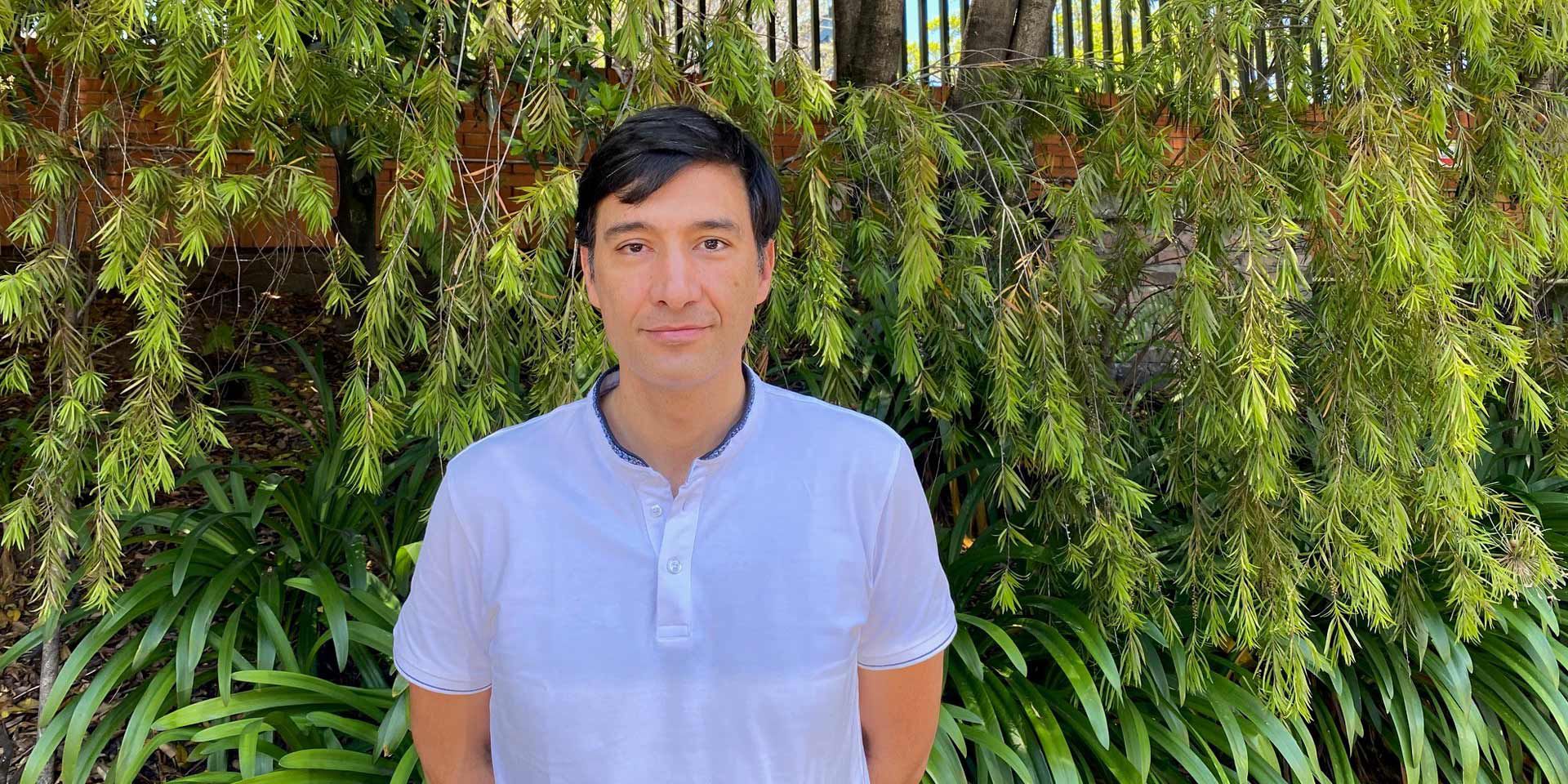By Monica De Leon
After 2010’s devastating earthquake, Haiti’s economy was hit hard. Yet, the country saw the garment industry grow steadily, watching its exports nearly double compared to what they were before the earthquake.
With a boost from IFC’s “Investment Generation in Haiti” project, the sector now accounts for 90 percent of Haiti’s exports – and has become the country’s largest formal private-sector employer. IFC’s advisory and investments contributed to the creation of around 13,000 jobs in the industry, most of them for women, and safeguarded at least 6,000 more. Labor standards also improved thanks to IFC’s Better Work Program.
COVID-19 has the country facing immense challenges again, and this time the garment sector has been badly affected. Pedro Andres Amo, Senior Private Sector Specialist at IFC, explains how the organization is helping Haiti’s garment sector navigate the crisis—and what he has learned from his decade of working in the Caribbean country.
Q: COVID-19 has changed the landscape of the garment sector in Haiti. How is IFC helping?
A decrease in demand from traditional trading partners, along with measures imposed by authorities in Haiti, resulted in a loss equivalent to two-and-a-half years of production hours during the first 90 days of restrictions, and the reduction of over 30 percent of jobs. Half of the sector expects revenue losses greater than 30 percent for the year, with some firms already permanently closing operations.
IFC is building on our previous Advisory project to help the industry navigate the crisis. We are looking to help re-tool the apparel industry to produce personal protective equipment (PPE) to meet rising global demand. We also want to help the government address some of the pressing challenges to prepare for other opportunities in the sector, such as nearshoring, where businesses in the sector move their sourcing closer to their markets.
Q: How will the project help Haiti’s garment industry overcome a deteriorating situation?
In the current context, it’s all about protecting jobs and retaining existing investments by creating the right environment for the sector to operate in the short term. But in the long run, the team’s vision is to see the sector change drastically.
There are renowned brands that don’t source in Haiti because of deficient waste management, or because the high cost of electricity prevents the production of synthetic fabric. Instability also keeps the sector from growing.
If conditions start to improve, the garment industry could become a steppingstone to more complex activities with greater added value, as has happened in other emerging countries.
Teams across IFC are working on creating links between businesses, deploying financial support the industry, and piloting electronic payment of salaries in the garment sector, among other things.
Q: You’ve been working with Haiti for over a decade Tell us about it.
It is very rewarding because you see you are making a difference. But it can be challenging, time-consuming, and sometimes a bit frustrating.
Some of our projects entail supporting the public sector in making legal changes that can take decades. And unexpected events, such as the earthquake in 2010, can change or reverse the course of projects and give us some scares in the process.
My first mission to Haiti was scheduled for a week after the 2010 earthquake. I could have been there. In 2018, two days before I joined a mission, a decree increasing the price of gas triggered some violent demonstrations that stranded the IFC team already in Haiti—they couldn’t leave the country for days.
Q: What keeps you motivated?
Working in a country like Haiti gives you a taste of what IFC is really about.
Our clients grapple with a lack of resources and political and social instability. This means that sometimes you take two steps forward and one—or sometimes many—steps back. But there is a high level of commitment and willingness to make things happen. This has been the best part: building relations and working with Haitians who are committed, being able to deliver and help them achieve more.
Published in May 2021
